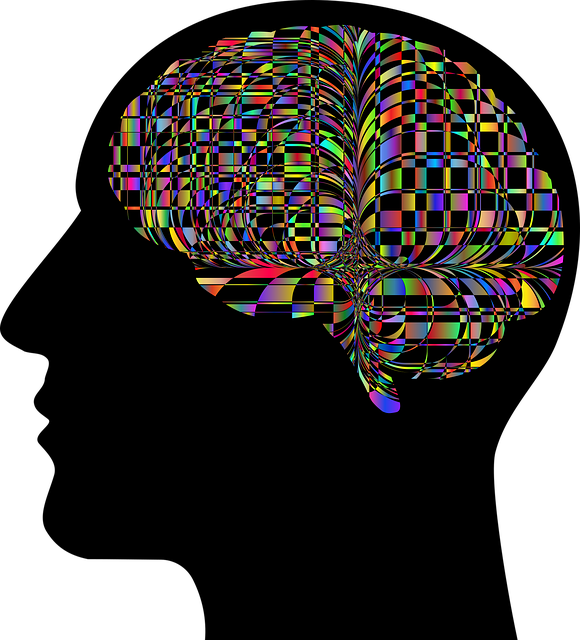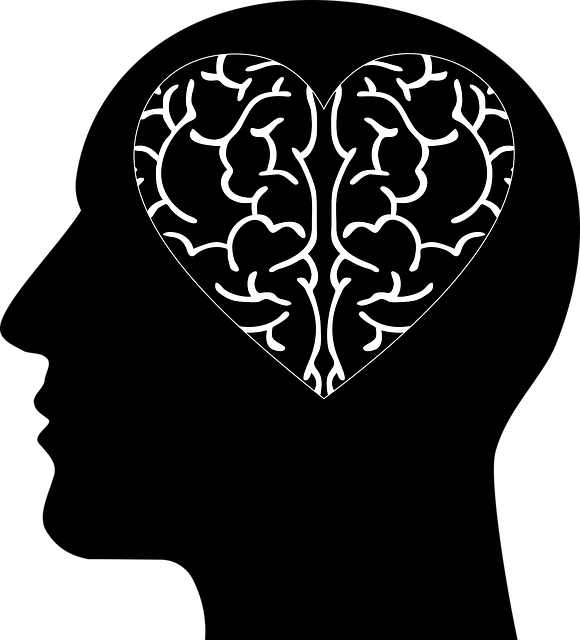Relationship-Focused Therapy (RFT) tailored for older adults with Autism Spectrum Disorder (ASD) emphasizes the importance of social relationships in their well-being. RFT strengthens bonds between caregivers and individuals with ASD through improved communication and empathy, aiming to increase social engagement and feelings of belonging. Resilience-building exercises, including mindfulness practices like meditation, have shown significant benefits in enhancing quality of life for this demographic. Implementing tailored RFM techniques in care settings, such as sensory-focused meditations and adaptive physical activities, can revolutionize therapy for elders with ASD by improving emotional regulation and mental wellness. Recent research highlights the success of Research-Based Practice (RBP) interventions, leading to better social interactions, reduced anxiety, increased self-awareness, and confidence in elderly ASD patients.
Resilience is a powerful tool for individuals with autism spectrum disorder (ASD) as they navigate the challenges of aging. The RFM model, focusing on Routine, Function, and Meaning, offers a unique approach to therapy for elders with ASD. This article explores how resilience-building exercises through RFM can enhance their coping mechanisms and overall well-being. We delve into its impact, practical applications in care settings, and present inspiring case studies, providing valuable insights into improving the lives of elderly ASD individuals.
- Understanding RFM and Its Role in Autism Spectrum Disorder (ASD) Therapy for Elders
- The Impact of Resilience-Building Exercises on Elderly ASD Individuals
- Practical Applications: Implementing RFM in Care Settings
- Case Studies: Success Stories of RFM Interventions in Eldercare
Understanding RFM and Its Role in Autism Spectrum Disorder (ASD) Therapy for Elders

Understanding RFM, or Relationship-Focused Therapy, is a critical step in developing effective interventions for older adults on the Autism Spectrum Disorder (ASD) spectrum. This therapeutic approach recognizes that social relationships are a cornerstone of well-being and can significantly impact an individual’s mental health and overall quality of life, especially as they age. By focusing on enhancing communication strategies and empathy building between caregivers and individuals with ASD, RFM offers a unique perspective in ASD therapy.
In the context of older adults with ASD, RFM aims to strengthen existing relationships and facilitate new social connections. This involves teaching practical communication skills tailored to their needs, fostering empathy through shared experiences, and promoting understanding between caregiving pairs. The ultimate goal is to improve their social engagement, enhance their sense of belonging, and contribute to better mental health outcomes, as supported by various studies in the field of Mental Health Policy Analysis and Advocacy.
The Impact of Resilience-Building Exercises on Elderly ASD Individuals

Resilience-building exercises have emerged as a powerful tool to enhance the quality of life for elderly individuals with Autism Spectrum Disorder (ASD). These tailored interventions focus on fostering adaptability and coping mechanisms, which are often challenged in ASD. By engaging in such practices, elders with ASD can develop effective strategies to navigate daily stressors and improve their overall well-being.
One prominent approach is incorporating self-care practices, including Mindfulness Meditation, into their routine. Research suggests that mindfulness techniques can significantly reduce anxiety and depression symptoms, common challenges faced by this demographic. Additionally, mental health policy analysis and advocacy have emphasized the importance of accessible and tailored therapy for elders with ASD, ensuring their unique needs are met through innovative resilience-building programs.
Practical Applications: Implementing RFM in Care Settings

Implementing RFM (Resilience, Flexibility, and Mindfulness) techniques in care settings, especially for elders with Autism Spectrum Disorder (ASD), offers a promising approach to enhancing emotional regulation and mental wellness. These exercises are designed to foster self-care practices that promote resilience, enabling individuals to navigate challenges more effectively. By integrating mindfulness practices into therapy, caregivers can support seniors with ASD in developing coping strategies that improve their overall well-being.
Practical applications may include guided meditation sessions tailored for sensory considerations, breathing exercises incorporated into daily routines, and adaptive physical activities that encourage emotional expression. Caregivers play a vital role in facilitating these practices, ensuring they are accessible and engaging for each individual. Through consistent implementation, RFM strategies have the potential to revolutionize therapy for elders with ASD, contributing to their ability to manage stress, regulate emotions, and maintain mental wellness.
Case Studies: Success Stories of RFM Interventions in Eldercare

In recent years, Research-Based Practice (RFP) interventions have emerged as a powerful tool in eldercare settings, particularly for individuals on the autism spectrum. Case studies highlight remarkable success stories where RFM approaches have significantly improved quality of life for elderly individuals with Autism Spectrum Disorder (ASD). These interventions focus not only on managing symptoms but also on building resilience and enhancing overall well-being.
For instance, a case study in a long-term care facility revealed that implementing structured therapy sessions tailored to the needs of residents with ASD led to improved social interactions and reduced anxiety. The Crisis Intervention Guidance provided through these programs empowered elders with ASD to better manage their emotions and navigate social challenges. Additionally, Mental Health Education Programs Design specifically catering to this demographic enhanced self-awareness and fostered a sense of confidence boosting among participants. Such initiatives not only enrich the lives of elderly individuals with ASD but also offer valuable insights for designing comprehensive care strategies that promote mental health and resilience in this often underserved population.
Resilience-focused interventions, such as those employing the RFM (Resourceful Adaptation and Management) model, have shown significant promise in enhancing the lives of elderly individuals with Autism Spectrum Disorder (ASD). By integrating these exercises into care settings, professionals can empower seniors with ASD to navigate challenges more effectively, fostering a sense of independence and overall well-being. The practical applications and inspiring case studies presented here underscore the value of RFM as a transformative tool in ASD therapy for elders, potentially leading to improved quality of life and greater inclusion in community settings.














